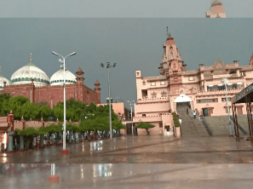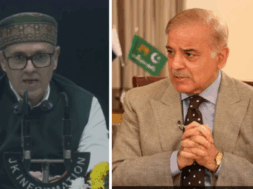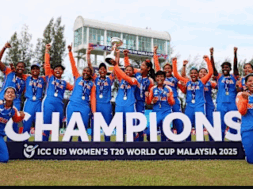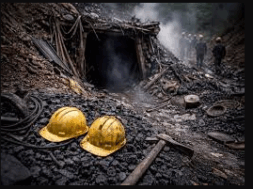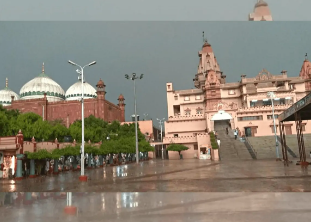
Manas Dasgupta
NEW DELHI, Jan 16: The Supreme Court on Tuesday put on hold an order of the Allahabad High Court for the appointment of a commission for undertaking a survey of the 17th Century Idgah mosque adjacent to the Krishna Janmabhoomi temple in Mathura in Uttar Pradesh.
The Allahabad High Court had last month appointed a commissioner to carry out a survey at the Shahi Idgah mosque in Mathura on the lines of a similar assessment at the Gyanvapi Mosque close to the famous Kashi Vishwanath temple in Varanasi.
Stopping the execution of the survey, a Bench of Justices Sanjiv Khanna and Dipankar Datta said the High Court order was passed on an “omnibus, vague” application for inspection of the mosque premises.
“You have to be very clear, very specific why you need the appointment of a commission under Order 26 Rule 9 of the Code of Civil Procedure (CPC)… Your prayer was vague… You cannot make an omnibus application for a Commission,” Justice Khanna addressed senior advocate Shyam Divan, who represented the Hindu plaintiffs.
“The prayer (for commissioner), it is so vague. It has to be specific. This is wrong, you have to be very clear what you want him for. You can’t leave everything to the court to look into,” the bench said. The court ordered against the setting up of the Commission. “The Commission will not be executed,” Justice Khanna, dictated the order of the Bench.
However, the Supreme Court did not interfere with the pending proceedings under Order 7 Rule 11 of the CPC on the maintenance of the suit filed by the Hindu plaintiffs for a declaration that a temple once stood at the place of the mosque and the consecration of the premises as Sri Krishna Janmabhoomi. The top court was hearing an appeal filed by the mosque committee against the High Court order for appointment of the Commission.
Advocate Tasneem Ahmadi, for the mosque management, argued that the High Court ought not to have given an interim relief by appointing the Commission when the very maintenance of the suit was still undecided and pending.
Ms Ahmadi referred to the Supreme Court’s observation in its judgment in the case, Asma Lateef versus Shabbir Ahmad, that “where interim relief is claimed in a suit before a civil court and the party to be affected by grant of such relief, or any other party to the suit, raises a point of maintainability thereof or that it is barred by law and also contends on that basis that interim relief should not to be granted, grant of relief in whatever form, if at all, ought to be preceded by formation and recording of at least a prima facie satisfaction that the suit is maintainable or that it is not barred by law.”
Justice Khanna acknowledged that “some legal issues including the question in light of the judgment of the Supreme Court in the Asma Lateef case, arise for consideration.” The court listed the case for further hearing on January 23.
Multiple cases are pending before courts on the Shahi Idgah-Krishna Janmabhoomi dispute, with Hindu petitioners demanding the land on which the mosque is built. Hindu outfits assert that the Shahi Idgah mosque was built on the ruins of a temple marking the birthplace of Lord Krishna the “Krishna Janmabhoomi.”
A local court had admitted in December the plea of Hindu petitioners demanding a survey, but the Uttar Pradesh Sunni Waqf Board and the Idgah committee had challenged it in the High Court.
The Hindu petitioners have demanded full ownership of the contested 13.37 acres of land, claiming the centuries-old mosque was built by demolishing the Katra Keshav Dev temple that stood there earlier. They alleged this was ordered by Mughal emperor Aurangzeb.
The petitioners claim as evidence some lotus carvings on the mosque, as well as shapes supposedly resembling the ‘sheshnag’ or the snake demigod in Hindu mythology. These are proof that the mosque was built over a temple, they argue.
The mosque committee requested the court to dismiss the petition by citing the Places of Worship Act of 1991, which maintains the religious status of any place of worship as it was on Independence Day August 15, 1947.
